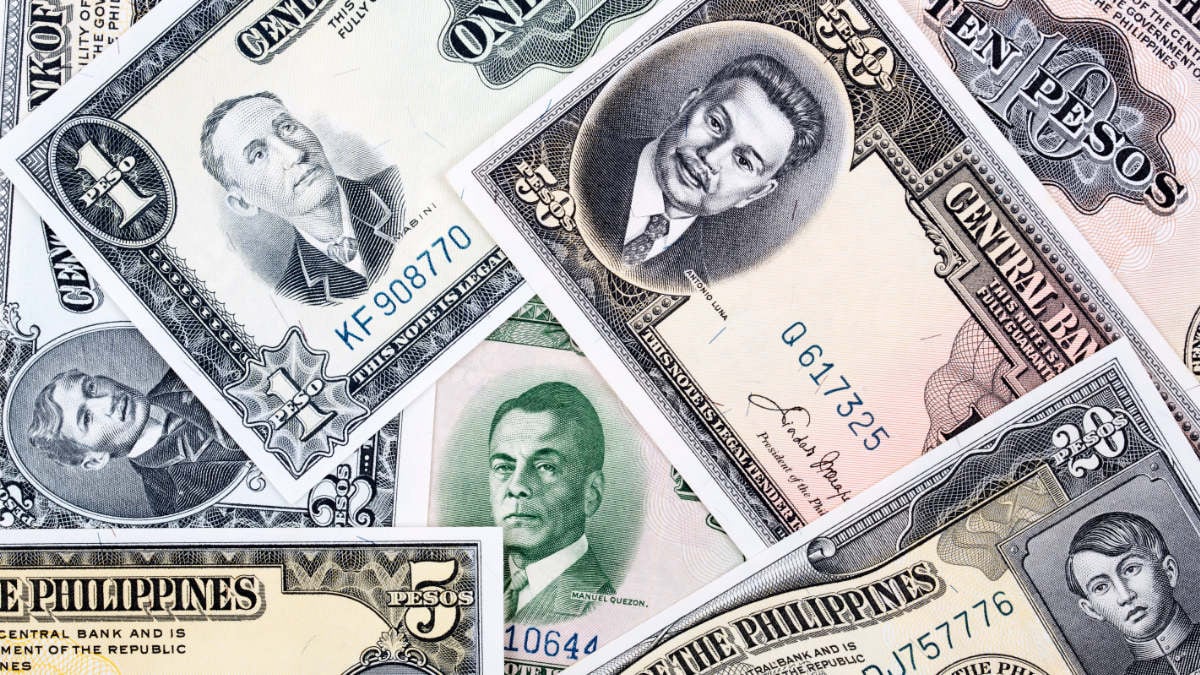In today’s fast-paced financial world, having a good credit score is essential for various aspects of life. Whether you want to buy a car, apply for a credit card, or even secure a home loan, your credit score plays a significant role in determining your creditworthiness. In the Philippines, credit scores have become an integral part of the financial system, and it’s crucial to understand how they work and how they can impact your financial future.
What is a Credit Score?
A credit score is a three-digit number that represents an individual’s creditworthiness. It is a numerical assessment of a person’s credit history, which includes their borrowing and repayment habits. In the Philippines, credit scores typically range from 300 to 850, with higher scores indicating lower credit risk and higher chances of loan approval.
The Importance of Credit Scores

Having a good credit score is vital for gaining access to various financial opportunities. Banks and financial institutions use credit scores to evaluate an applicant’s ability to repay debts. A higher credit score not only increases your chances of loan approval but also allows you to negotiate better interest rates and favorable terms on loans and credit cards.
How Credit Scores are Calculated
Credit scores in the Philippines are calculated by credit bureaus based on various factors. These factors include payment history, outstanding debt, length of credit history, credit utilization, and recent credit inquiries. Each factor contributes differently to the overall credit score, and understanding them can help individuals manage their finances better and improve their creditworthiness.
Factors that Affect Credit Scores
In this section, we will delve deeper into the factors that influence credit scores, such as payment history, which is the most significant contributor. Timely payment of bills and loan installments positively affects the credit score, while late payments can have a detrimental impact. Other factors like credit utilization and credit mix also play vital roles in determining the credit score.
Understanding Credit Score Ranges
Credit score ranges can be classified into different categories, indicating varying levels of creditworthiness. We will discuss what each credit score range means, from poor to excellent, and how it affects borrowing opportunities. It is essential to know where you stand in the credit score range and take steps to improve it if needed.
How to Check Your Credit Score
Checking your credit score regularly is essential to stay informed about your financial standing. In this section, we will explore the steps to obtain a credit report and score from credit bureaus in the Philippines. We will also discuss the importance of reviewing the credit report for accuracy and how to address any discrepancies found.
Improving Your Credit Score
If you find that your credit score is lower than desired, don’t worry; there are ways to improve it. This section will provide practical tips and strategies to enhance your credit score over time. From clearing outstanding debts to maintaining a low credit utilization ratio, these actionable steps can significantly impact your creditworthiness.
Common Misconceptions about Credit Scores
There are several myths surrounding credit scores that can lead to confusion and financial mistakes. We will debunk some common misconceptions and shed light on the truth behind credit scores. Understanding the reality can empower individuals to make informed financial decisions.
Impact of Credit Scores on Loans

Your credit score plays a crucial role when applying for loans. This section will explain how credit scores impact loan approvals and interest rates. Whether you are applying for a personal loan or a home loan, understanding this aspect can help you secure better loan terms.
Credit Scores and Mortgage Applications
Buying a home is a significant financial milestone, and a good credit score can make the process smoother. Here, we will explore how credit scores are evaluated during mortgage applications and discuss the implications for prospective homeowners.
Credit Scores and Employment
In some cases, employers may inquire about an applicant’s credit score during the hiring process. This section will examine the relationship between credit scores and employment and why some employers use this information in their hiring decisions.
Credit Scores and Insurance Premiums
Did you know that credit scores can also affect insurance premiums? We will discuss the correlation between credit scores and insurance costs and how individuals can potentially lower their insurance premiums with a better credit score.
Protecting Your Credit Score
Safeguarding your credit score from potential threats is crucial to maintaining financial stability. This section will offer tips on protecting your credit score from identity theft, fraud, and other risks that can negatively impact your creditworthiness.
In conclusion, understanding credit scores is vital for anyone navigating the world of personal finance in the Philippines. A good credit score opens doors to better financial opportunities, while a poor credit score can lead to difficulties in accessing credit. By following the tips and insights provided in this guide, you can take proactive steps to improve and maintain a healthy credit score.





Leave a Reply